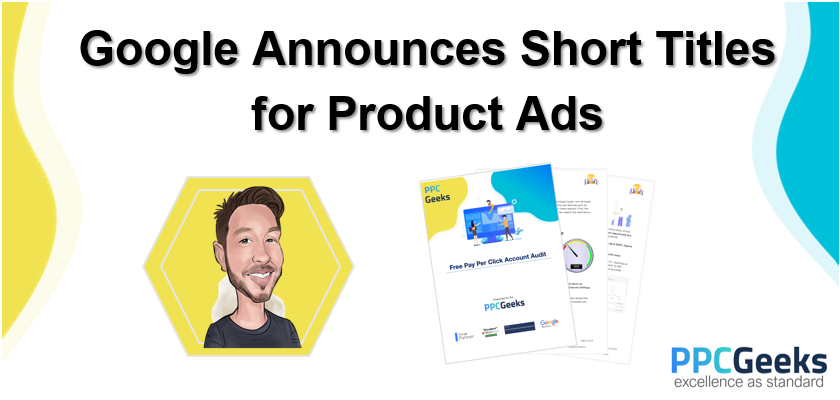Google Updates Spam Policies To Redefine Helpful Content
On March 5, 2024, Google released two updates, one involving changes to multiple core systems and the other redefining the identification of helpful content. This includes a refreshed look at […]

On March 5, 2024, Google released two updates, one involving changes to multiple core systems and the other redefining the identification of helpful content. This includes a refreshed look at spam policies — a list that’s already expansive.
Google says the core update is more complex than others, tweaking multiple systems — particularly those that determine how your content shows up in search results. Rollouts may take up to a month, but Google has some recommendations and guidance for content creators in the meantime.
What’s Changing?
Here’s a quick look at the latest Google updates:
Core Ranking Systems
Google states that it has “enhanced” its core ranking systems to show more helpful results. It says there’s no longer a single system responsible for this key task; instead, there’s an interwoven structure of “innovative signals and approaches” that favor people-first content.
Spam Policies
Google’s spam policies are designed to help those ranking systems do their job, identifying content that wasn’t created with real people in mind. This kind of spam complicates the landscape in a few ways. It:
Clutters search results with low-quality, sales-first content that frustrates users.Attempts to exploit or manipulate search algorithms, undermining the rules that everyone else is playing by.Creates more competition for content that’s genuinely valuable.Google says its spam policy updates are based on practices that have become more popular lately:
Expired Domain Abuse
If you purchase an expired domain name and repurpose it to host low-quality and/or unrelated information, you’re guilty of “expired domain abuse.” People do this to manipulate search engine rankings, in contrast to legitimate domain repurposing.
Scaled Content Abuse
When creators pump out tons of pages built to be valuable to algorithms instead of people, the result is an influx of unoriginal, low-value content that clutters the digital environment. As Google points out, this most recent update isn’t a rule against “sophisticated scaled content creation methods” that may use AI or automation; it’s just a way for the algorithm to get smarter about what is and isn’t considered abusing the system.
Site Reputation Abuse
According to Google, this practice occurs when third-party pages try to take advantage of a first-party site’s ranking signals. This can include sponsored, advertising or third-party pages.
Because Google is mainly concerned with a lack of involvement from the host site, certain content is permissible under these rules. In some cases, well-intentioned content may still need to be blocked from Google Search to avoid triggering the spam policies. (Note that this update will take effect May 5, 2024 — that way, you have time to review and update your site where necessary.)
Need more details? Check out our clarification of these important updates.
Subscribe to
The Content Marketer
Get weekly insights, advice and opinions about all things digital marketing.
Thanks for subscribing! Keep an eye out for a Welcome email from us shortly. If you don’t see it come through, check your spam folder and mark the email as “not spam.”
What Does This Mean for Marketers?
Because the rollout process could take up to a month, you may notice more ranking fluctuations over time. Google says this is because things change “as different systems get fully updated and reinforce each other.” Keep an eye on the Google Search Status Dashboard to see when the rollout is complete and updates are in full effect.
Beyond that, there’s no specific action you need to take — as long as your content is already designed to be helpful, relevant and valuable to users. If, however, you’ve inadvertently been leaning on one or more of the approaches now considered spam, you may need to develop new strategies for website content. Remember, Google is quick to emphasize “people-first” content in its update recaps, implying that this informs the search giant’s algorithms and ranking systems.
To learn more about this and other Google updates, keep an eye on our regularly updated blog post.

 UsenB
UsenB 












![Why Your Brand Needs A Strong Visual Identity [+ 5 Examples to Inspire You]](https://blog.hubspot.com/hubfs/artist-creates-brand-visual-identity%20%281%29.jpg#keepProtocol)



















